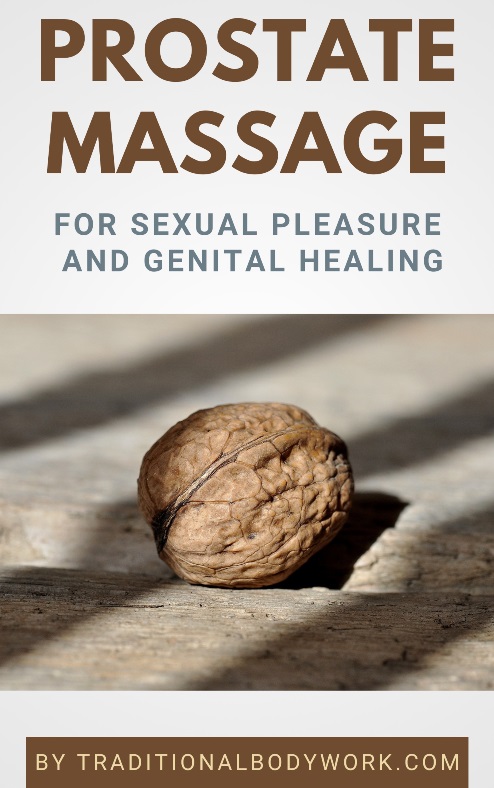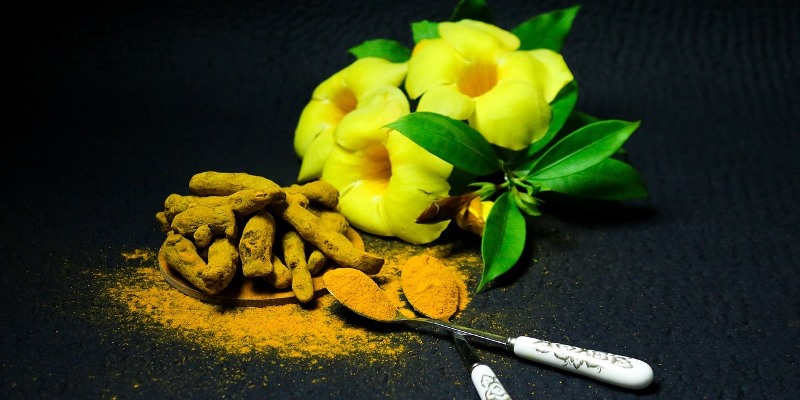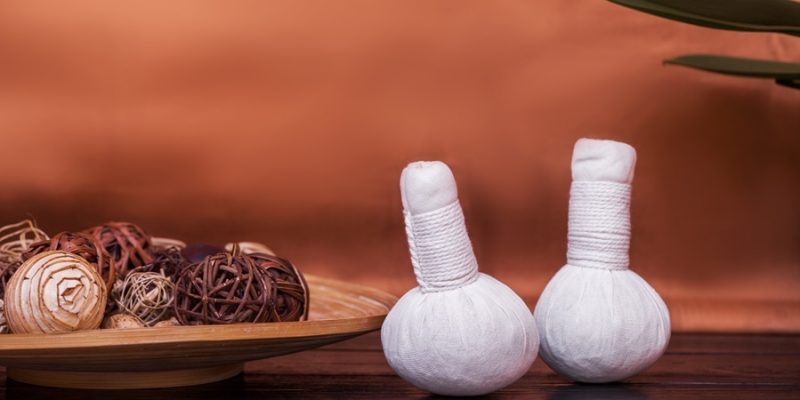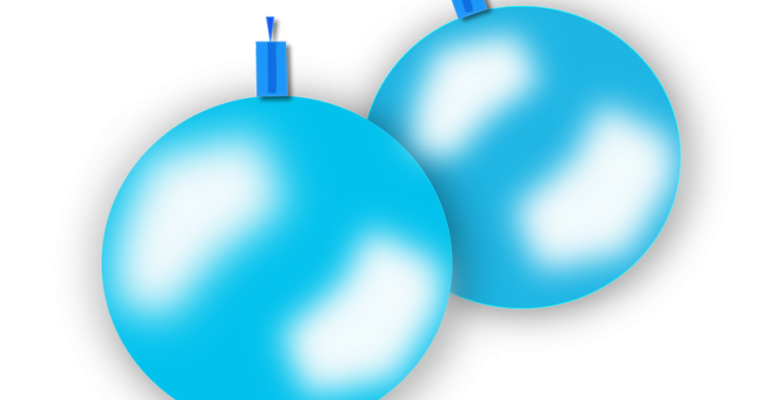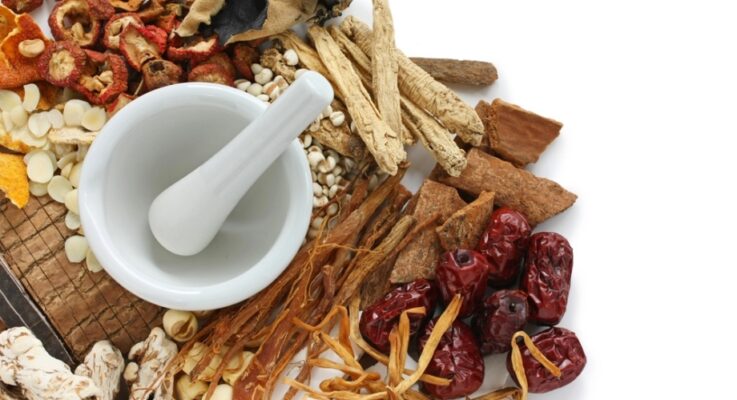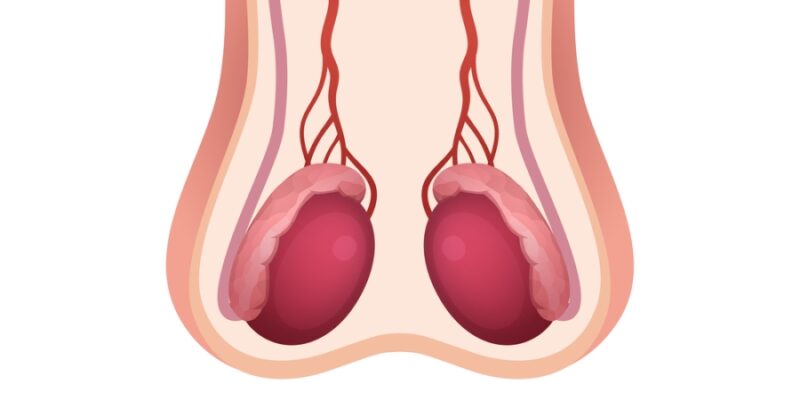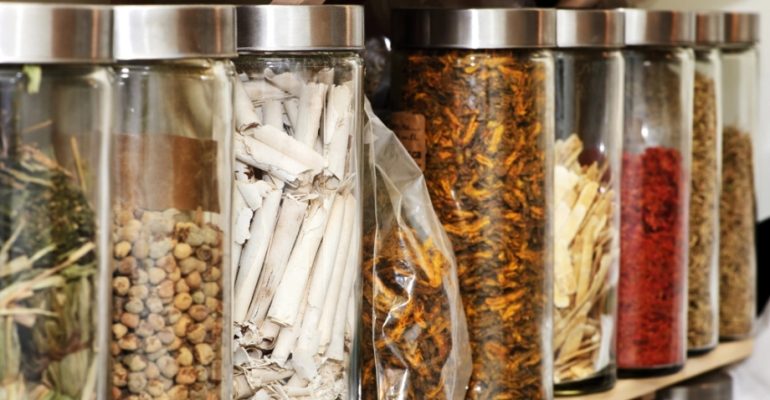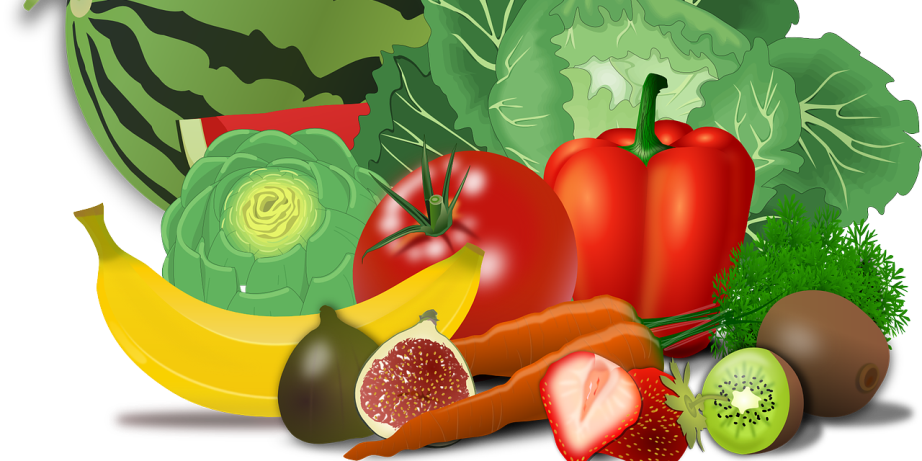
Today, we are exposed to many potentially harmful substances, such as so-called free radicals (oxygen molecules with an unequal number of electrons which can cause damage in the body) and certain toxins, like pesticides, alcohol, drugs, and air pollutants, just to mention some of many examples.
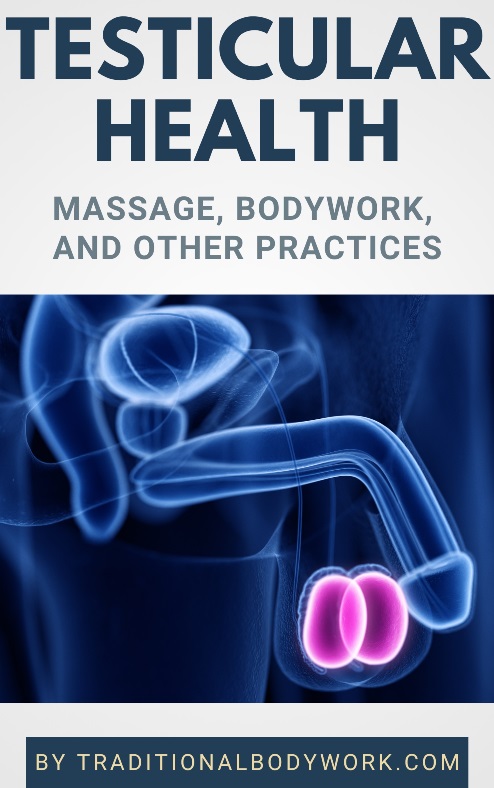
Free radicals can be found in our food and drinks, our medicines, and in the air we breathe. They take part in normal functioning of our bodies, but an excess of free radicals can lead to oxidative stress (impairs cell regeneration and repair, accelerates aging, and causes development of certain diseases), which may impact male fertility negatively and can cause low sperm count, abnormal or low quality sperm, or complete infertility.
In addition, oxidative stress can affect other functions of the testes, such as the proper production of testosterone. Moreover, oxidative stress is also linked to testicular cancer.
Mind that there’s fierce competition for oxygen in the cells of the testes due to the inherent weakness of testicular arteries. Hence, testicular tissue and the male reproductive system are rather susceptible to oxidative stress.
Some factors that can increase oxidative stress are toxins such as bisphenol-A, parabens, phthalates, herbicides and pesticides, aging, stress, overweight and obesity, malnutrition, not enough exercise, excess caffeine, and diabetes, to name a few examples.

Food supplements, in this case antioxidant supplements, can help to counteract the negative impact of oxidative stress. Some well-known pharmaceutically produced supplements are vitamins C, E, and B-complex, coenzyme Q10, melatonin and a range of minerals (for instance, selenium, zinc, copper, manganese, and chromium), but there are also many naturally produced herbal antioxidant supplements available for purchase.
Of course, we don’t need to rely on supplements only; a healthy diet with products that contain plenty of natural antioxidants is advised. Think of consuming fruits and vegetables like beans, cranberries, peaches, prunes, raspberries, red grapes, strawberries, figs, cherries, pears, guava, oranges, apricots, artichokes, orange vegetables, mango, papaya, and tomatoes, to name a non-exhaustive list of foods with high levels of antioxidants.


